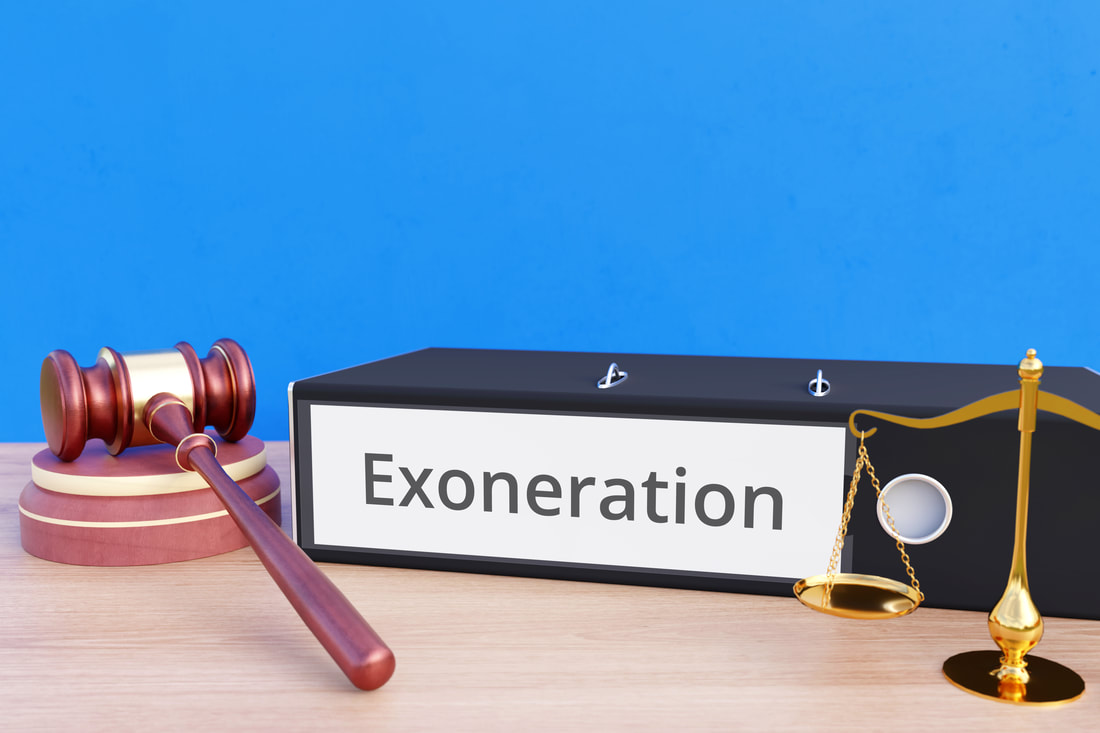|
The National Registry of Exonerations recorded 161 individuals who were exonerated last year, amounting to 1,849 years spent behind bars for crimes they never committed or wrongfully charged.
“There is no longer a debate about the prevalence of wrongful convictions,” said the registry’s annual report released Tuesday. “They are not unicorns. They happen, frequently, and the Registry’s research has the data to show precisely the events that lead to exonerations.” In terms of key findings related to the crimes the exonerees were accused of, just under half of all exonerees (77) were charged with homicides they didn’t commit. Nine defendants were exonerated of sex crimes; 24 defendants were exonerated of other violent crimes; and 51 were exonerated for nonviolent offenses like drug crimes and weapons possession. Three of the exonerees had been on death row. A close examination of the cases reveals that “official misconduct” was a contributing factor in nearly 70 percent of the cases. Forty-seven exonerations in 2021 were from convictions based at least in part on mistaken witness identifications, and 19 exonerations were based on proven false confessions. Moreover, 19 exonerations were based in whole or in part because of DNA evidence that established innocence. Sixty-one exonerations were because of the work of Conviction Integrity Units (CIUs) and 67 were because of the work from Innocent Organizations (IOs). Influence of Race African Americans comprise a disproportionate number of exonerees. The National Registry of Exonerations plans on releasing a new report this year on “Race and Wrongful Convictions” to fully highlight the concern, but their 2017 report concluded, based on 1,900 exonerations boiled down into a few words: African Americans are only 13 percent of the American population but a majority of innocent defendants wrongfully convicted of crimes and later exonerated. The National Registry of Exonerations explored “basic patterns” by looking at the exonerations by jurisdiction. Illinois had the most exonerations (38), followed by New York (18), Michigan (11), and California (11), the report details. “Illinois’s ranking continues to be driven by cases (14) tainted by misconduct of corrupt police officers led by Sgt. Ronald Watts of the Chicago Police Department, who planted drugs on people after they refused to pay bribes,” the report details. Further breaking down New York’s 18 exonerations, 11 of them were for wrongful murder convictions. It’s also worth noting that there were seven federal exonerees — proving that this isn’t just an issue for states to take note of, but rather, something that needs to be addressed from all levels. The People Behind the Numbers The National Registry of Exonerations has a motto that’s the driving force behind its missions: “Every story counts.” Take Emerson Stevens of Virginia, for example, who was wrongfully convicted of murder in 1986 due to false or misleading forensic evidence, false accusation, and official misconduct. Local police officers in Lancaster, Va., settled on Stevens as a killer after a witness said Stevens had a pickup truck like the one seen near the victim’s house. He was originally convicted on circumstantial evidence, and testimony from a few ‘expert’ witnesses that either recanted or said their testimony was “eyewash.” Another individual is Muhammad Aziz, who, at 83, was exonerated after spending decades in prison for murdering Black activist and civil rights advocate Malcolm X in 1965. He was exonerated following an extensive investigation, cooperation with the Innocence Project, and a Netflix documentary. Aziz said the exoneration was welcome but insufficient: “I do not need this court, these prosecutors or a piece of paper to tell me I am innocent,” he said “I am an 83-year-old who was victimized by the criminal justice system.” The authors of the report said there are many more people like Stevens and Aziz — all of whom deserve a chance to have their truth told and to be exonerated. “Will there come a day when wrongful convictions are truly rare? We hope so,” the report concludes. “For now, we must continue to record these accounts of injustice. The work is vital. Each exoneration matters.” The full report can be accessed here.
0 Comments
Leave a Reply. |
HISTORY
April 2024
Categories |
© Walk 4 Change. All rights reserved.


 RSS Feed
RSS Feed